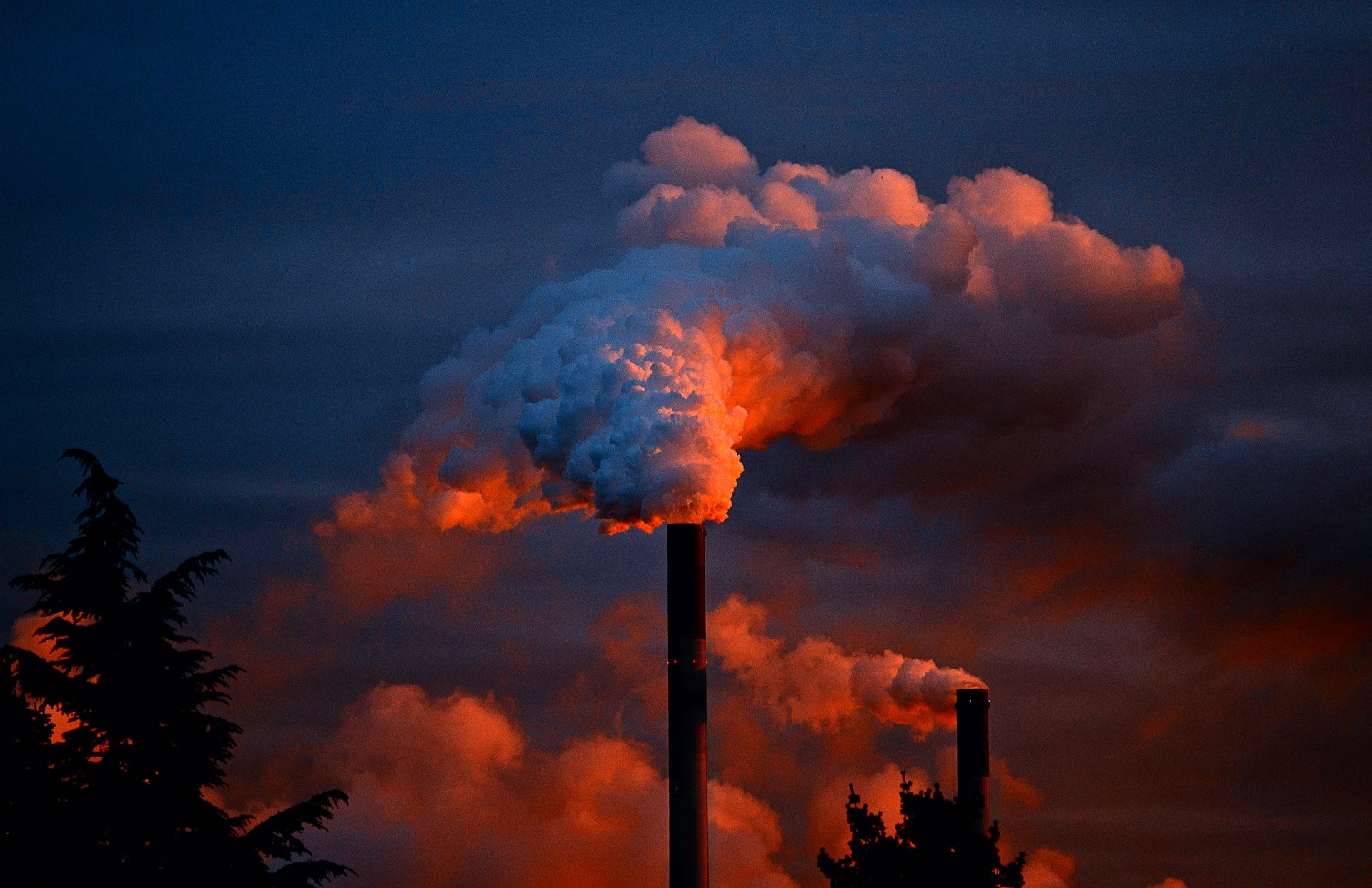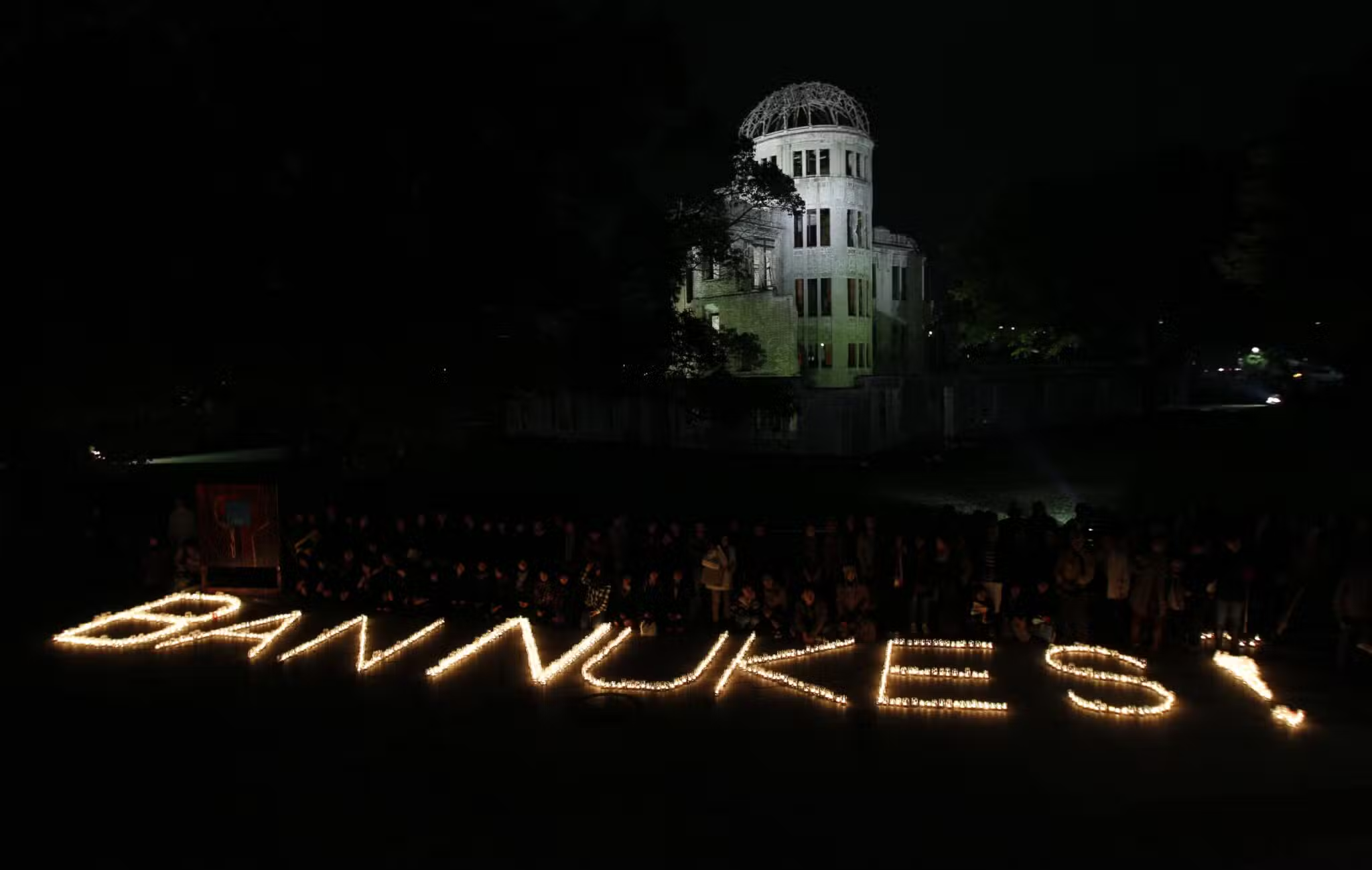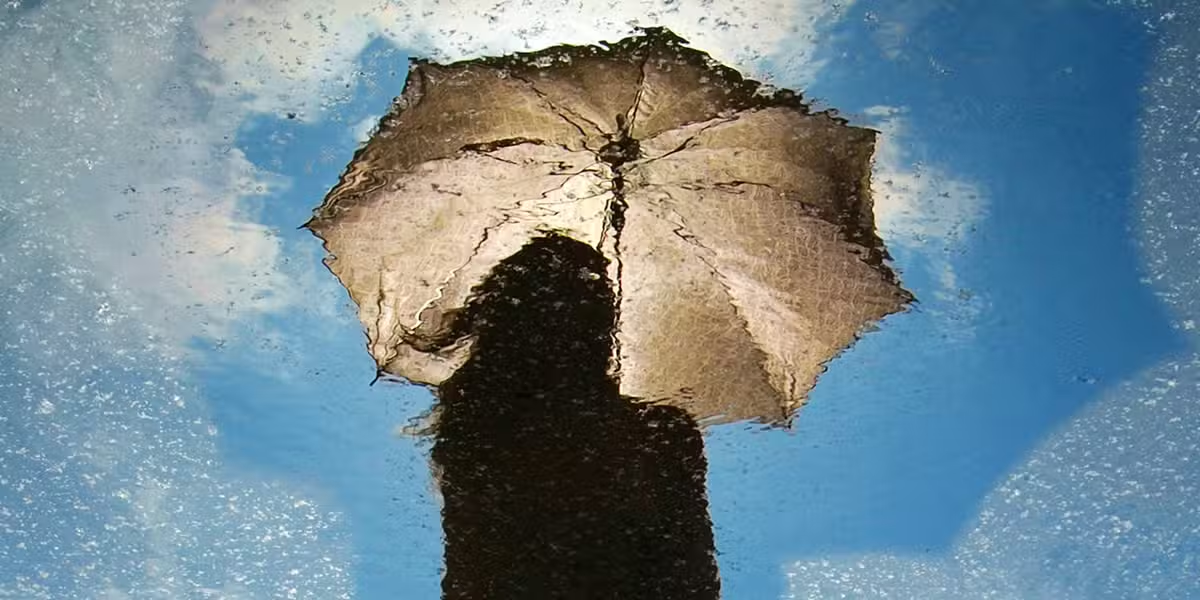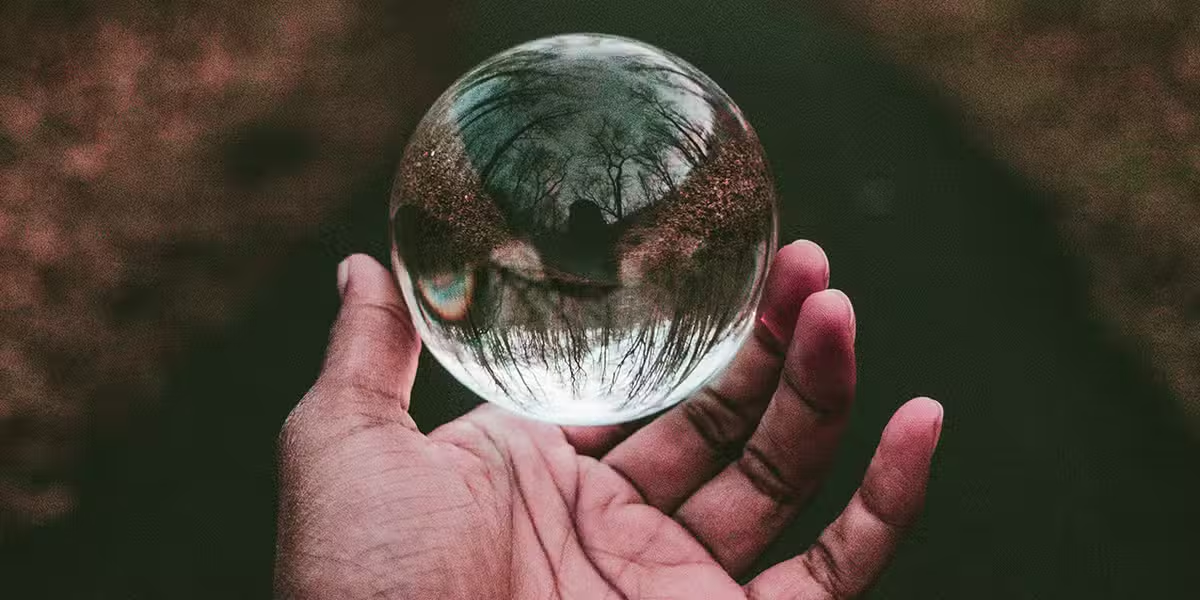Q: It seems that the weather is becoming more extreme and that air pollution is a factor in this. Has pollution become a moral issue? I think people should stop driving so much.
A: The basic moral principle is that the goods of the earth are meant for everyone. That includes access to clean air, water and soil. This does not deny the human right to private property, but it places that right in its proper context. Laws against monopolies do the same.
Yes, pollution is a moral issue because it ignores God’s intention for creation and disregards the virtue of prudence. We now realize that we need to pay more attention to our individual and collective “carbon footprints,” which British researchers Thomas Wideman and Jan Minx define as “a measure of the exclusive total amount of carbon dioxide emissions that is directly and indirectly caused by an activity or is accumulated over the life stages of a product.”
Prudential judgments, however, are open to question. Should I drive, carpool, take the bus or walk? That depends on the distance involved and the options available. We need to choose wisely because our choices have moral consequences.
Late last December, Pope Benedict XVI included ecology in his annual address to heads of offices for the Holy See. According to John Thavis’s article for Catholic News Service, the pope said that the Church’s teaching on ecology “needs to be understood as arising from God—the ‘creator Spirit’—who made the earth and its creatures with an ‘intelligent structure’ that demands respect. Because of faith, the Church has a responsibility for protecting the created world and for proclaiming publicly this environmental responsibility.
“The pope then explained why the human being must be at the center of the Church’s ecological concern. ‘The Church must protect not only the earth, the water and the air as gifts of creation that belong to everyone. It must also protect man against self-destruction,’ he said. ‘The tropical forests certainly deserve our protection, but man as a creature does not deserve any less.’”








